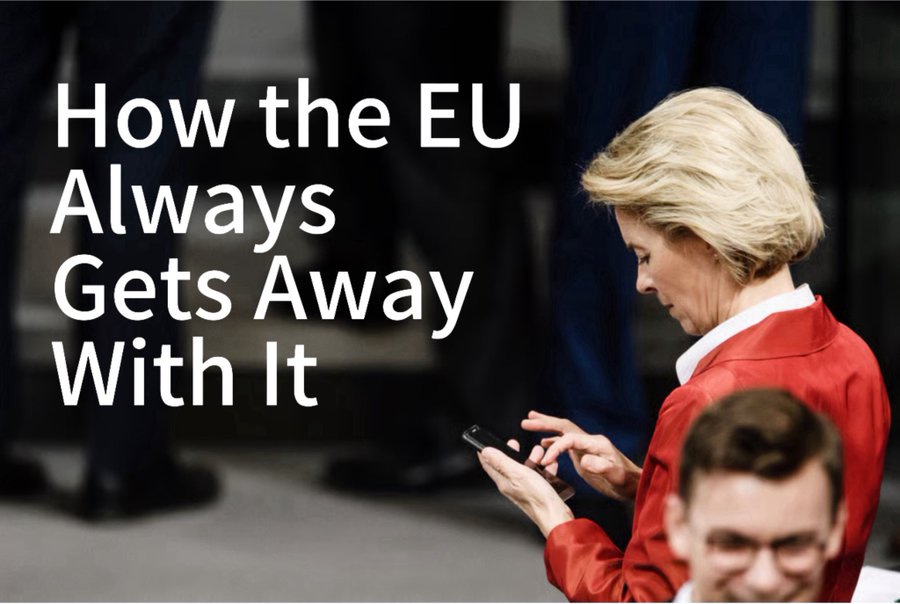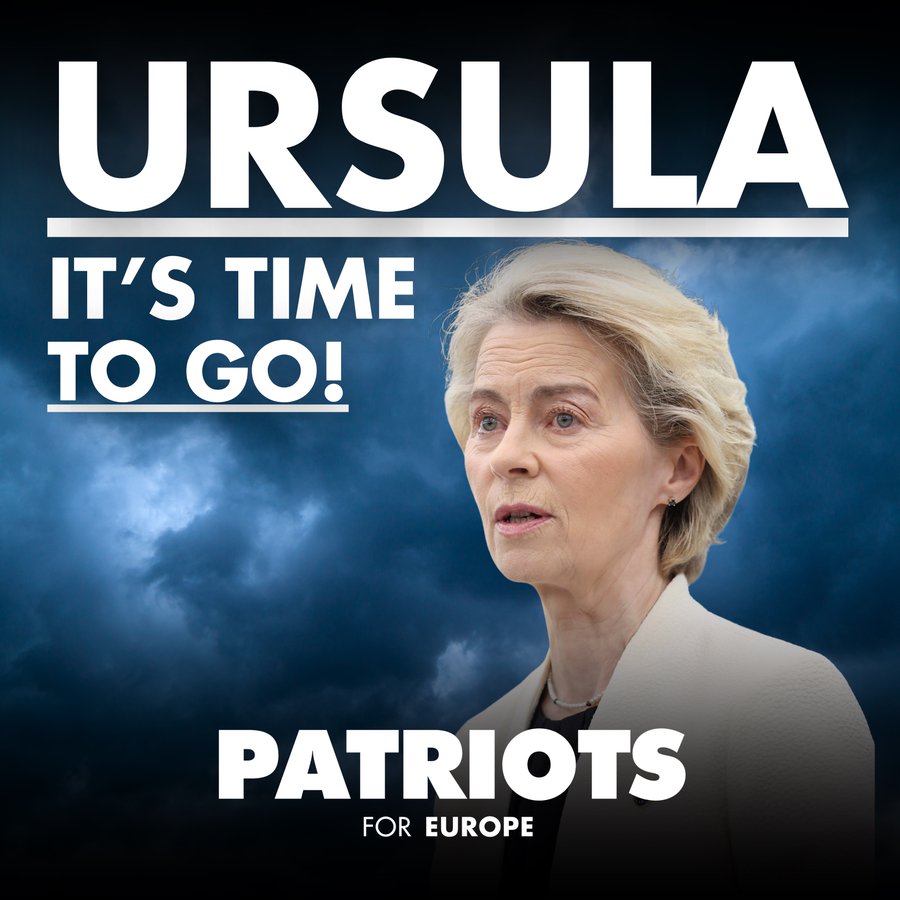This is a bilingual website
In recent months, the European Union has been shaken by a series of serious allegations directed at European Commission President Ursula von der Leyen. At the heart of the scandal lies a troubling lack of transparency surrounding her undisclosed communications with Pfizer CEO Albert Bourla during the negotiation of multi-billion-euro COVID-19 vaccine deals.
Despite being repeatedly condemned by the European Court of Justice, the European Ombudsman, and the European Court of Auditors, von der Leyen has refused to take responsibility. Instead, she dismisses the growing demands for accountability as attacks “straight from the oldest playbook of extremists.” This is not only a political deflection—it is a direct affront to the core democratic principles the EU claims to uphold.
The controversy, often referred to as Pfizergate, centers around secret text messages between von der Leyen and Pfizer’s CEO regarding the purchase of vaccines worth between €35 and €40 billion—an enormous sum of taxpayers’ money. The refusal of the Commission to disclose these communications, despite multiple formal requests and legal pressure, has sparked outrage across the political spectrum.
Here is a revised version of your paragraph for clarity, flow, and impact:
It has been over two years since the scandal known as Pfizergate first came to light. At its core is the troubling fact that the President of the European Commission authorized the purchase of an excessive quantity of COVID-19 vaccines from Pfizer, using taxpayer money. Many of these doses were ultimately discarded as they expired unused. Even more concerning is that the negotiations—reportedly conducted directly with Pfizer’s CEO, who has business ties to her husband—took place through undisclosed text messages that remain unreleased to this day. This represents one of the least transparent procurement processes in recent EU history.
The European Commission says it has “no record” of the texts, as these messages are often “short-lived,” are not subject to record-keeping requirements, and have been deleted since.
As EU Ombudsman Emily O’Reilly rightly stated, “The nature and scale of maladministration I have found requires a broader public debate.” When such a large financial transaction is conducted behind closed doors, without documentation or accountability, it ceases to be a question of politics—it becomes a question of rule of law. The Ombudsman “has recommendatory powers” only, so it has no legal channels to hold von der Leyen accountable besides stating the fact and asking for recourse.
Yet, rather than engage in open dialogue or correct course, von der Leyen has positioned herself as a victim.

She paints legitimate concerns as extremist attacks and discredits voices demanding transparency. This behavior does not merely reveal poor leadership; it exposes a systemic failure within EU institutions. As critics have pointed out for years—often marginalized or mocked as conspiracy theorists—the European Commission operates without meaningful checks and balances. The absence of accountability has turned it into what the Ombudsman compared to a “powerful consiglieri,” borrowing a term associated with organized crime.
The danger goes beyond one individual. If the President of the European Commission can bypass oversight mechanisms without consequences, then the democratic structure of the EU is fundamentally at risk. Whether it’s the sidelining of national parliaments in NATO-related decisions, or the lavish distribution of taxpayer funds to ideological campaigns, a pattern of elite technocratic governance is emerging—one that threatens both national sovereignty and citizen trust.
Many are now calling for the resignation not just of von der Leyen, but potentially the entire European Commission. While this may seem extreme, it is in fact a necessary reckoning. Institutions must answer to the people they serve. Upholding transparency, legality, and democratic responsibility is not optional; it is foundational.
The time for silence is over. Europe must choose accountability over arrogance, truth over secrecy, and democracy over technocracy.





